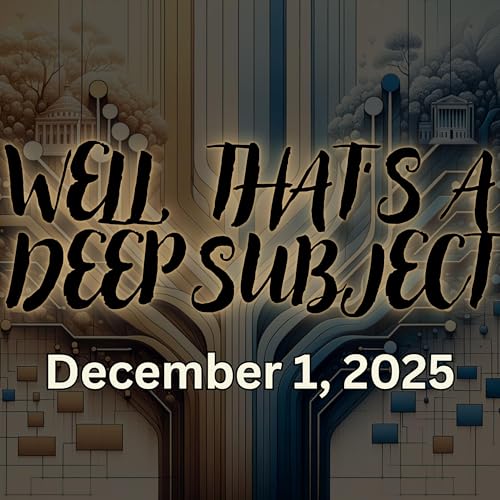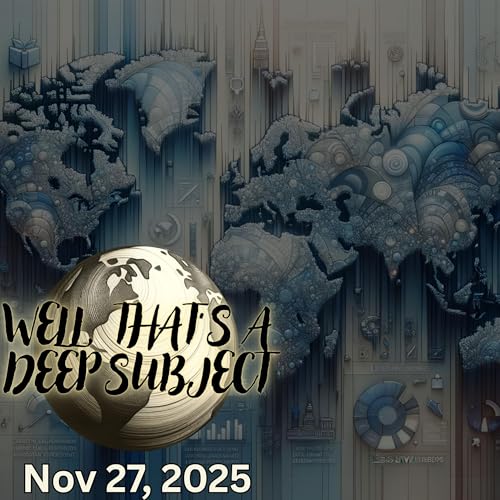Reference:
Banerjee, A. V., & Duflo, E. (2007). The economic lives of the poor. Journal of Economic Perspectives, 21(1), 141–167.
The intricate dynamics of poverty, often framed through the lens of chaos and disorder, are meticulously unpacked in this enlightening discourse.
The prevailing narrative that portrays the lives of the economically disadvantaged as characterized by irrational decision-making is fundamentally challenged. Instead, the research elucidates a coherent pattern of choices that, while seemingly perplexing to outsiders, reveals an underlying logic shaped by the constraints of scarcity.
The examination of how individuals living on less than $2 a day allocate their limited resources unveils a profound truth: their decisions are not random acts of folly, but rather calculated moves towards psychological survival amidst relentless hardship.
Festivals, small indulgences, and community ties emerge not as frivolities, but as essential components of life that foster social cohesion and provide a semblance of joy in an otherwise grim reality.
Through this lens, the discourse redefines our understanding of rationality within the context of poverty, emphasizing that the poor navigate their circumstances with remarkable judgment and resilience.
The dialogue delves into the multifaceted nature of labor among the impoverished. The frequent engagement in diverse occupations serves not merely as a means of income generation, but as a strategic method of risk management.
The narrative elucidates that, unlike in stable economies where specialization may yield efficiency, the economic environment of the poor necessitates a diversified approach to labor. This adaptive strategy is portrayed as a rational response to the unpredictability of their circumstances, where a single job could easily become a precarious point of failure.
Thus, the insights presented compel us to reconsider our assumptions regarding entrepreneurship within impoverished populations, revealing it as a pragmatic alternative rather than an aspirational endeavor.
In essence, the episode culminates in a profound moral imperative: recognizing the rationality embedded in the choices of the poor urges a reevaluation of the policies and support mechanisms designed to assist them.
By reframing poverty not as a manifestation of individual inadequacy but as a complex interplay of environmental constraints and human decision-making, we can begin to forge solutions that genuinely address the systemic issues at play.
The revelations provided herein challenge us to embrace a more nuanced and empathetic understanding of poverty, fostering a dialogue that prioritizes justice and equity over simplistic narratives of failure.
Takeaways:
- Economists frequently depict the impoverished as individuals ensnared in perpetual shortages of resources.
- Research reveals that the decision-making processes of the impoverished are surprisingly coherent and rational.
- The choices made by those living in poverty are often dictated by the constraints they face daily.
- Understanding poverty requires us to recognize that limited resources shape rational decisions in profound ways.
 8 分
8 分 8 分
8 分 9 分
9 分 2025/11/286 分
2025/11/286 分 6 分
6 分 9 分
9 分 6 分
6 分 7 分
7 分
